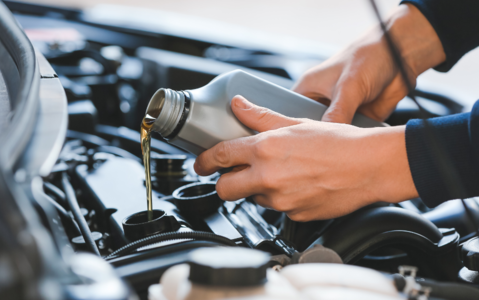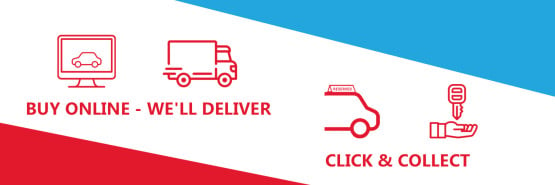
Spring Car Maintenance: DIY Tips for a Smooth Ride
As the winter months come to an end and spring arrives, it's time to give your car some much-needed attention. Regular maintenance is essential to keep your vehicle running smoothly and safely, and there are several tasks you can do yourself to save money and ensure your car is in top condition for the warmer months ahead.
1. Check and Change Your Oil
One of the most crucial aspects of car maintenance is regularly checking and changing your oil. Over time, oil can become dirty and lose its effectiveness, leading to increased engine wear. To check your oil level, park your car on a level surface, turn off the engine, and wait a few minutes for the oil to settle. Remove the dipstick, wipe it clean, reinsert it, and then check the level. If the oil is below the minimum mark or appears dirty, it's time for an oil change.
Changing your oil is a straightforward process that you can do at home with the right tools and a bit of know-how. You'll need to drain the old oil, replace the oil filter, and refill the engine with fresh oil. Always consult your car's owner's manual for the recommended oil type and capacity.
2. Inspect and Rotate Your Tires
Your tyres are the only point of contact between your car and the road, so it's essential to keep them in good condition. Start by visually inspecting your tyres for any signs of damage, such as cuts, bulges, or excessive wear. Check the tread depth using a tread depth gauge or the "penny test" – if you can see the top of the Queen or King's head when you insert a penny into the tread, it's time for new tyres.
Rotating your tyres every 5,000 to 8,000 miles helps ensure even wear and extends their lifespan. You can rotate your tyres at home using a jack and a set of jack stands. Follow a rotation pattern specific to your vehicle (front-wheel drive, rear-wheel drive, or four-wheel drive) to ensure the best results.
3. Check Your Brakes
Your brakes are one of the most critical safety features of your car, so it's essential to keep them in good working order. Listen for any unusual noises, such as squealing or grinding when you apply the brakes. These sounds could indicate worn brake pads or damaged rotors.
You can visually inspect your brake pads by looking through the wheel spokes. If the pad thickness is less than 1/4 inch, it's time for a replacement. Changing brake pads is a more advanced DIY task, so if you're unsure about your abilities, it's best to have a professional handle the job.
4. Replace Your Air Filter
Your car's air filter is responsible for keeping dirt, dust, and other contaminants out of your engine. A clogged air filter can reduce fuel efficiency and cause your engine to work harder than necessary. Replacing your air filter is a simple task that you can do yourself in just a few minutes.
Locate your air filter housing under the bonnet (consult your owner's manual if needed), remove the old filter, and insert a new one. Make sure the new filter is facing the correct direction and fits securely in the housing.
5. Test Your Battery
Car batteries can weaken over time, especially after the cold winter months. To avoid getting stranded with a dead battery, it's a good idea to test your battery's charge and clean the terminals. You can use a multimeter to check the voltage – a healthy battery should read 12.6 volts or higher when the engine is off.
If you notice corrosion on the battery terminals, clean them with a mixture of baking soda and water using an old toothbrush. Be sure to disconnect the negative terminal first and reconnect it last to avoid any electrical short circuits.
By performing these simple spring maintenance tasks yourself, you can save money and ensure your car is ready for the road ahead. However, if you encounter any issues beyond your skill level or comfort zone, don't hesitate to seek the help of a professional mechanic. Regular maintenance and timely repairs will keep your car running smoothly for years to come, providing you with a safe and enjoyable driving experience.



